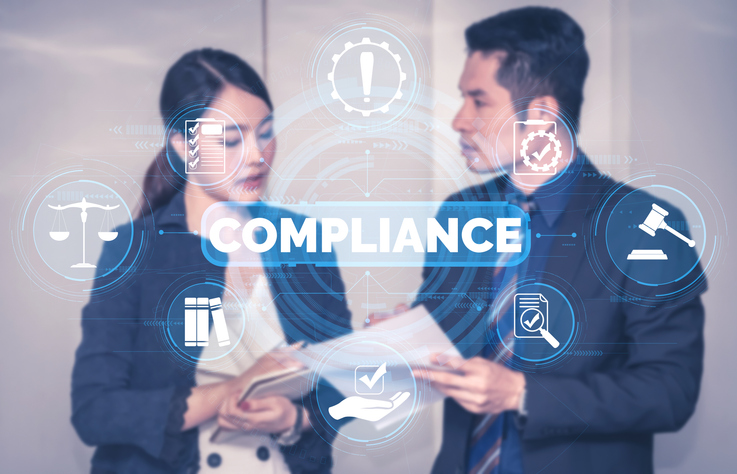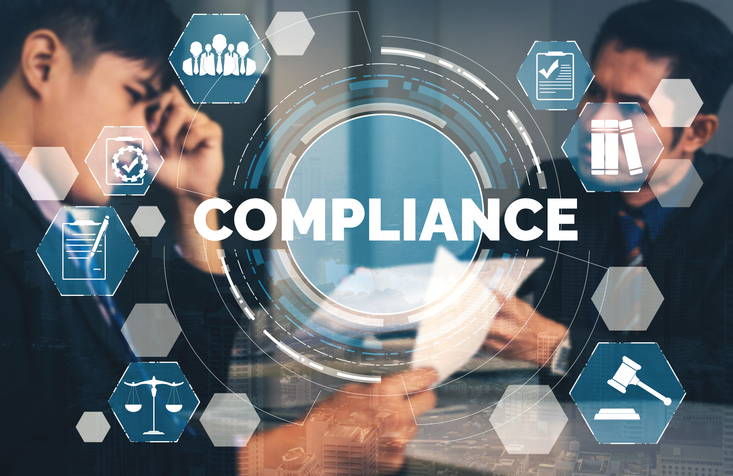U.S. companies engaging in global trade must navigate a complex web of regulations to ensure customs compliance. Adhering to these regulations is not just about avoiding penalties but also about fostering a reputation for reliability and integrity in the international market. Here, we’ll explore the importance of customs compliance, the key regulations U.S. businesses need to follow, and best practices to maintain compliance.

Understanding Customs Compliance
Customs compliance refers to the adherence to laws and regulations governing the import and export of goods. For U.S. companies involved in global trade, this means complying with the rules set forth by the U.S. Customs and Border Protection (CBP) and other relevant agencies. Failure to comply can result in severe consequences, including fines, shipment delays, and even legal action.
Key Regulations and Requirements
Import Documentation and Classification
Accurate documentation is crucial. This includes invoices, bills of lading, and certificates of origin. Each item must be correctly classified under the Harmonized Tariff Schedule (HTS) to determine the appropriate duties and taxes.
Export Control Regulations
U.S. businesses must comply with the Export Administration Regulations (EAR) and the International Traffic in Arms Regulations (ITAR), which govern the export of commercial and military goods, respectively. These regulations control the transfer of sensitive technologies and ensure that exports do not compromise national security.
Trade Agreements and Tariffs
Understanding trade agreements, such as the USMCA (United States-Mexico-Canada Agreement), can provide cost savings through reduced tariffs. However, businesses must meet specific criteria to benefit from these agreements.
Restricted Party Screening
Companies must screen their international partners against various restricted party lists to ensure they are not engaging with sanctioned entities. This helps prevent inadvertent violations of trade sanctions and export controls.
Best Practices for Ensuring Customs Compliance
Implement a Robust Compliance Program
Develop and maintain a comprehensive customs compliance program. This should include regular training for employees, internal audits, and clear procedures for handling import and export processes.
Stay Updated on Regulatory Changes
Customs regulations can change frequently. Staying informed about updates from CBP and other relevant agencies ensures your company remains compliant. Subscribe to industry newsletters, attend webinars, and participate in trade compliance forums.
Utilize Technology
Leverage global trade management software to automate and streamline compliance processes. These tools can help with documentation, classification, and restricted party screening, reducing the risk of human error.
Engage with Customs Brokers and Legal Experts
Partner with experienced customs brokers and legal professionals who can provide guidance on complex compliance issues. Their expertise can be invaluable in navigating the intricacies of customs regulations.
Conduct Regular Audits
Regular internal audits of your customs compliance practices can help identify and rectify any weaknesses. This proactive approach can prevent potential violations and improve overall efficiency.
Conclusion
Customs compliance is a critical aspect of U.S. global trade. By understanding and adhering to the necessary regulations, U.S. businesses can mitigate risks, avoid penalties, and maintain a strong reputation in the international market. Implementing best practices and leveraging technology will further enhance compliance efforts, ensuring smooth and successful global trade operations.
For more insights on customs compliance and global trade management, visit Emtrain’s training course.








